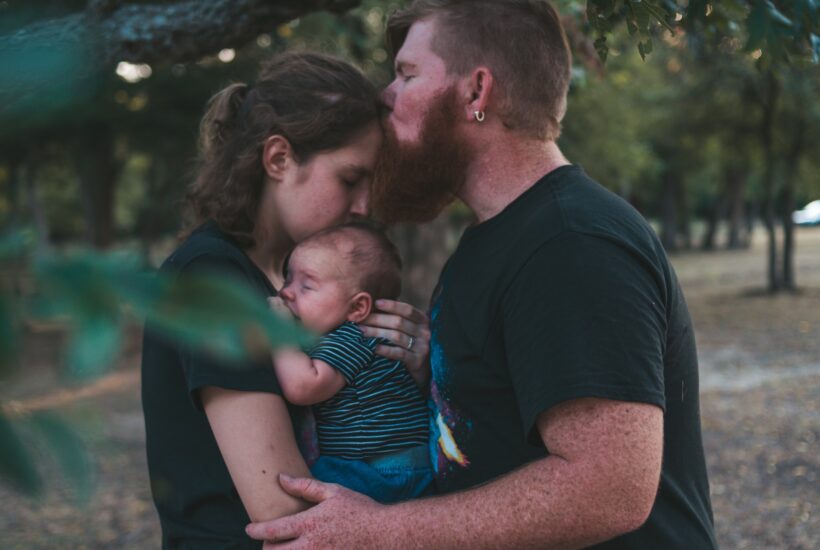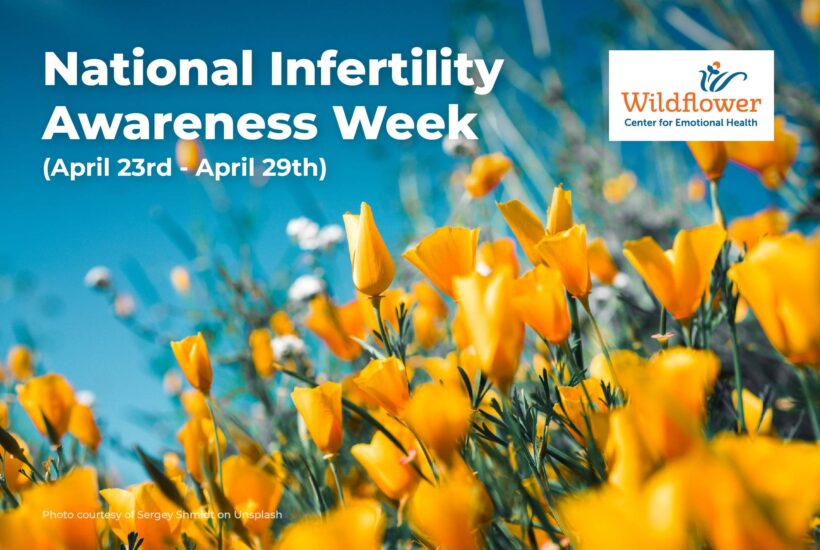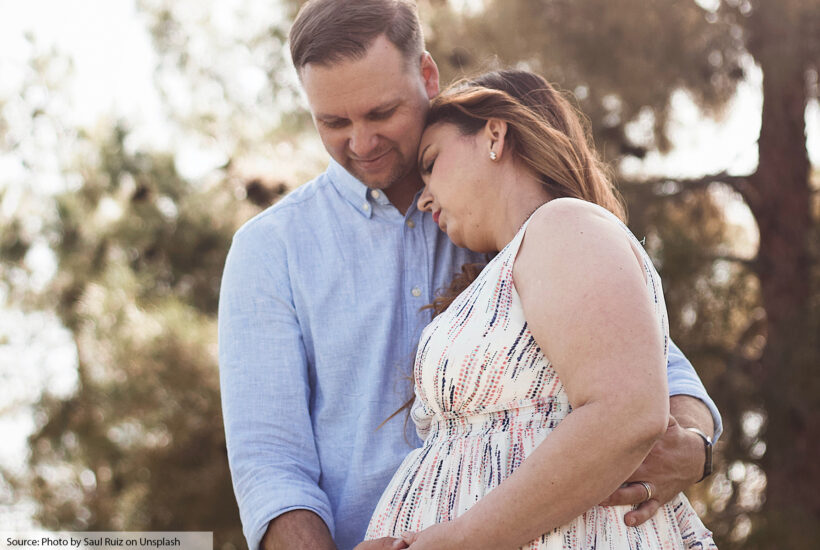1. Infertility is defined as not being able to get pregnant after one year of unprotected sex for heterosexual couples. With this said, many physicians recommend that women over the age of 35 seek specialized fertility care after six months of unprotected sex in heterosexual partnerships. 2. Infertility is not uncommon. In the U.S., one…
Perinatal and Reproductive Mental Health
Navigating the Transition to Parenthood as a Team and How The Bringing Baby Home Workshop Can Help
The transition to parenthood is one that comes with profound shifts in identity, roles, and relationships. These shifts inevitably impact parents as individuals and as partners. Renowned psychotherapist and relationship expert, Esther Perel, states that “having a baby is a psychological revelation that changes our relation to almost everything and everyone” (Perel, 2006). These words…
Self-Care During the Postpartum Period: Strategies to Minimize the Risk of Postpartum Mood and Anxiety Disorders
The postpartum period is filled with many physical, psychological, and emotional changes. Matrescence is a term that aptly captures this experience. It is defined as the physical, social, hormonal, and identity shifts associated with becoming a mother and is a distinct stage of life (Sacks, 2017). In reflecting on matrescence, Ignacz (2018) states, “Life will…
Cycle Syncing: Increasing Emotional Well Being During Your Menstrual Cycle
In school, we are taught what a period is. For many people, the education on the menstrual cycle stopped there. This education gap has caused not only an information deficiency for those who menstruate, it has also perpetuated a stigma that women are “just overly emotional” during certain points in their cycle. This has left…
A Partner’s Guide to Supporting a Successful Perinatal Journey
The transition into parenthood is a profound and transformative experience. The months leading up to bringing baby home are often filled with anticipation, joy, fear, anxiety, and more. And once you welcome that tiny, new family member into your home, those emotions only tend to magnify — understandably so. Perinatal mood and anxiety disorders (PMADs)…
National Infertility Awareness Week
National Infertility Awareness Week will be observed from April 23-29th, 2023. This week seeks to bring awareness to an extremely common yet all too often overlooked experience. No person feels prepared to confront infertility and the grief, anxiety, and fear that may follow the infertility diagnosis. At Wildflower, we are committed to helping you navigate…
What is Postpartum Psychosis?
What is Postpartum Psychosis? The reproductive years are a time of intense psychological vulnerability for women, with a significant number of psychiatric admissions occurring more around childbirth than any other time in the female life cycle (Wisner, Gracious, Piontek, Peindl, & Perel, 2003). One of the rarer presentations seen during this time period is postpartum…
What to Expect from Psychotherapy When You’re Expecting or Postpartum
The perinatal period, or the time leading up to and following labor and delivery, is often hallmarked by uncertainty. In addition to joy and hope, fear and anxiety are frequent companions on the road to motherhood. You might find yourself wondering: How can I take care of my mental health while pregnant and postpartum? What…
How Acceptance and Commitment Therapy (ACT) Can Help Challenge Mental Health Stigma in Pregnancy
Mental Health Stigma During Pregnancy Pregnancy is a transformational period in life. You may experience joy, comfort, or excitement as you navigate your pregnancy journey, which are emotions that may feel welcomed and special. Additionally, a myriad of less pleasant emotions can also surface during pregnancy including sadness, loneliness, anxiety, discouragement, anger, and fear. Pregnant…
Being a Psychotherapist in a Post-2020 World
Source: Photo by Greg Rosenke on Unsplash What does it mean to be a psychotherapist in a post-2020 world? What does it mean to work in reproductive mental health at a time when rights are being systematically attacked and birthing people lack bodily autonomy and the resources to parent? In the past months, this probably…











